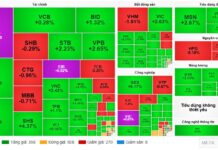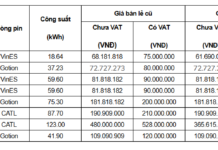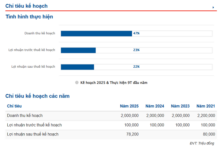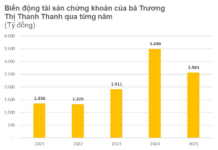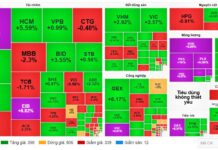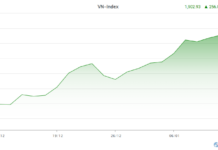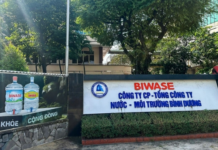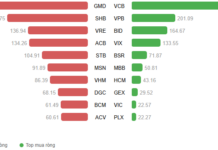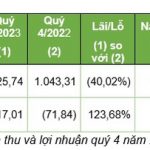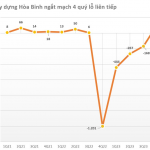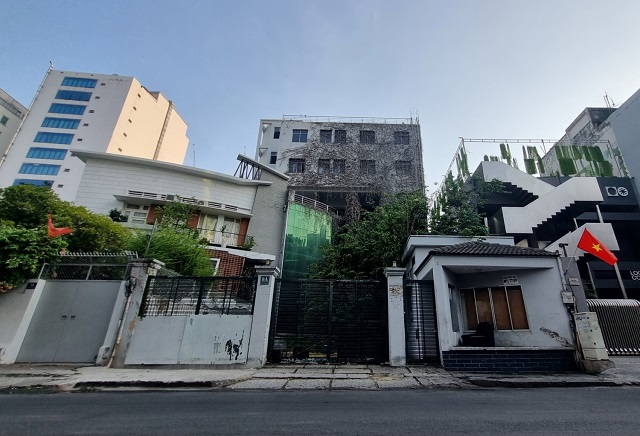 |
Ensuring efficient management, utilization, and development of houses and land as public assets not intended for residential purposes.
|
The management, utilization, and development of houses and land are monitored to ensure efficiency.
This decree stipulates the management, utilization, and development of houses and constructions attached to land, which are public assets not intended for residential purposes (hereinafter referred to as houses and land). These are assigned to organizations with the function of managing and trading local houses and land with the following objectives: a) Leasing houses (attached to land-use rights); b) Temporary management while awaiting the implementation of house and land handling as stipulated by law.
The decree mandates that the management, utilization, and development of houses and land must be efficient, addressing the demand for houses and land to serve the local socio-economic development mission. It should also be transparent, lawful, and aboveboard.
The transfer of houses and land to the managing and trading organization is executed through an asset increase recording and asset value calculation, excluding the state capital component in enterprises.
The house and land management and trading organization, the renting organization and individuals, and the agencies, organizations, and units assigned temporary use of houses and land must fully assume their respective responsibilities as stipulated.
The management, utilization, and development of houses and land must be supervised and subject to inspections, audits, and state audits as stipulated by law. Any violations of the law regarding the management, utilization, and development of houses and land must be promptly detected and strictly handled according to legal regulations.
House Leasing Methods
As per the regulations, the leasing of houses (attached to land-use rights) by the house and land management and trading organization shall be conducted through auctions, except in cases where the following price-listing method is applied.
House leasing shall be executed through a price-listing method in the following cases:
– Leasing to priority subjects, including: Organizations with specific characteristics as stipulated by the law on associations, renting to use as a workplace in cases where they do not yet have one; socialized institutions in the fields of education and training, vocational training, healthcare, culture, sports, and the environment, falling within the detailed list of types and meeting the scale and standard criteria decided by the Prime Minister.
– Leasing houses with a rental value of less than VND 50 million per year, as determined according to Article 16, Section 1 of this Decree, at the time of price determination for leasing.
– Leasing houses and land during the waiting period for handling in accordance with the law.
Management of Revenue from House and Land Development
The decree stipulates that organizations and individuals who are leased houses by the house and land management and trading organization are responsible for paying the full rental amount to the said organization within the timeframe specified in the house lease agreement. If the deadline for payment passes and the lessee has not paid or has paid insufficiently, they must pay a late payment fee to the house and land management and trading organization.
Agencies, organizations, and units temporarily using houses and land are responsible for paying the temporary use fees for houses and land to the house and land management and trading organization as stipulated.
The house and land management and trading organization is responsible for paying in full the revenue generated from the development of houses and land (rent, late payment fees, temporary use fees for houses and land as stipulated, and revenue from the installation of telecommunications works on houses and land of the house and land management and trading organization as stipulated by telecommunications law) into the state budget before the 30th of the following month.
Novaland reports over VND 1,600 billion in profit for Q4/2023, bond debt reduced by VND 6,000 billion in one year.
In 2023, Novaland achieved a profit of over 800 billion VND, in contrast to the first half of the year when the company incurred a loss of over 1,000 billion VND.

